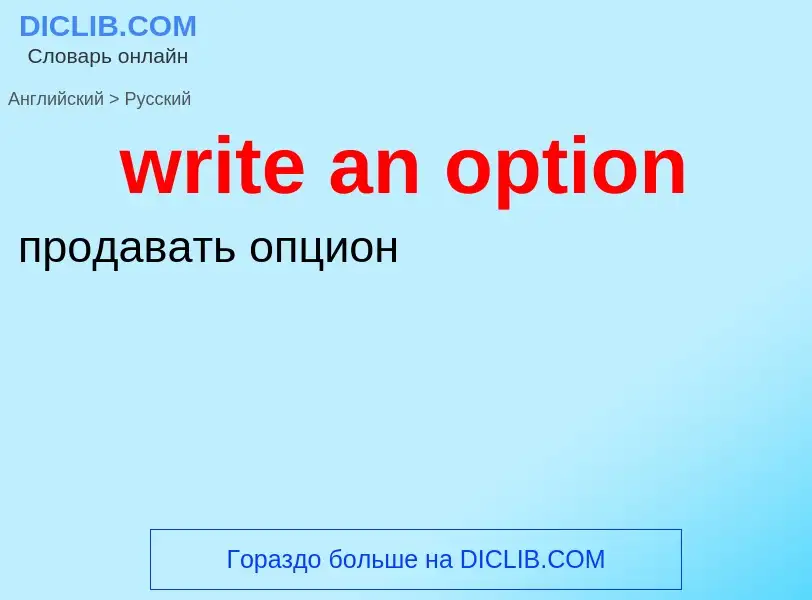ترجمة وتحليل الكلمات عن طريق الذكاء الاصطناعي ChatGPT
في هذه الصفحة يمكنك الحصول على تحليل مفصل لكلمة أو عبارة باستخدام أفضل تقنيات الذكاء الاصطناعي المتوفرة اليوم:
- كيف يتم استخدام الكلمة في اللغة
- تردد الكلمة
- ما إذا كانت الكلمة تستخدم في كثير من الأحيان في اللغة المنطوقة أو المكتوبة
- خيارات الترجمة إلى الروسية أو الإسبانية، على التوالي
- أمثلة على استخدام الكلمة (عدة عبارات مع الترجمة)
- أصل الكلمة
write an option - ترجمة إلى الروسية
تعريف
ويكيبيديا
In finance, the time value (TV) (extrinsic or instrumental value) of an option is the premium a rational investor would pay over its current exercise value (intrinsic value), based on the probability it will increase in value before expiry. For an American option this value is always greater than zero in a fair market, thus an option is always worth more than its current exercise value. As an option can be thought of as 'price insurance' (e.g., an airline insuring against unexpected soaring fuel costs caused by a hurricane), TV can be thought of as the risk premium the option seller charges the buyer—the higher the expected risk (volatility time), the higher the premium. Conversely, TV can be thought of as the price an investor is willing to pay for potential upside.
Time value decays to zero at expiration, with a general rule that it will lose 1⁄3 of its value during the first half of its life and 2⁄3 in the second half. As an option moves closer to expiry, moving its price requires an increasingly larger move in the price of the underlying security.


 vs Market Capitalization.png?width=200)

.png?width=200)
.png?width=200)

